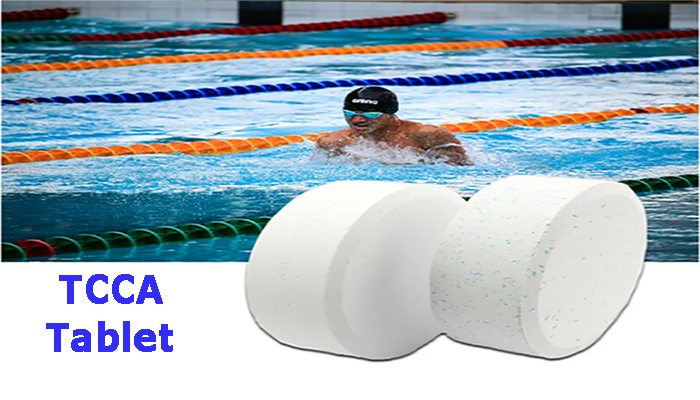Why Is Ttrichloroisocyanuric Acid Important In Pool
Chlorine is the most popular chemical used to sanitize swimming pool water, and for good reason. It' s effective at killing bacteria and other harmful microorganisms that can cause disease. But chlorine has its drawbacks. It can irritate swimmers' skin and eyes, and it can cause the formation of harmful byproducts when it reacts with sweat, urine, and other contaminants in the water.
That' s where trichlor comes in. TCCA (short for trichloroisocyanuric acid) is a chlorinating compound that' s often used in swimming pools. Unlike chlorine, trichlor contains cyanuric acid, which stabilizes the chlorine so that it' s less likely to be broken down by the sun' s ultraviolet rays. This makes TCCA an ideal choice for outdoor pools, as it reduces the need for frequent reapplication of chlorine.

In addition to its stabilizing effect, TCCA also slows down the release of chlorine into the water, which gives swimmers more time to get in and out of the pool before the concentration of chlorine becomes too high. This can reduce irritation to swimmers' skin and eyes.
While TCCA has many benefits, it' s important to use it properly. Cyanuric acid can build up in pool water over time, and if the level gets too high, it can make chlorine less effective at killing bacteria. That' s why it' s important to test pool water regularly and adjust the levels of trichlor and other chemicals accordingly.
